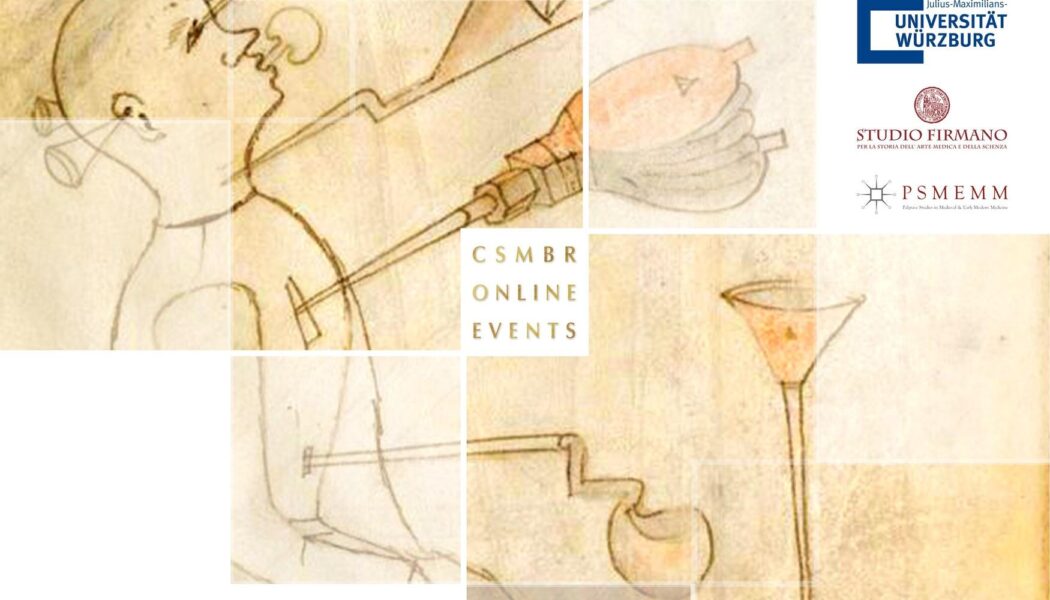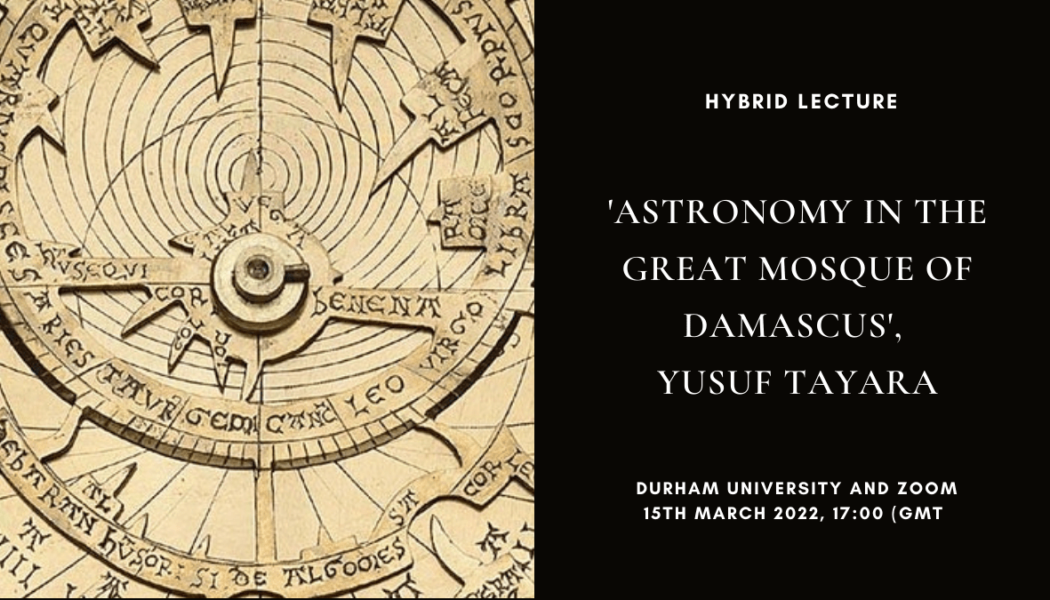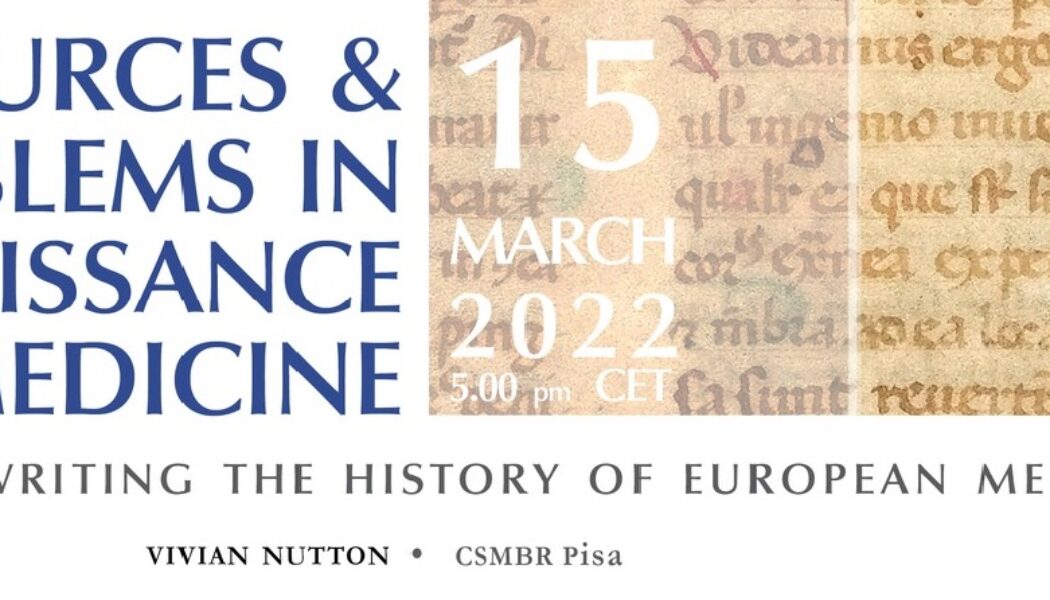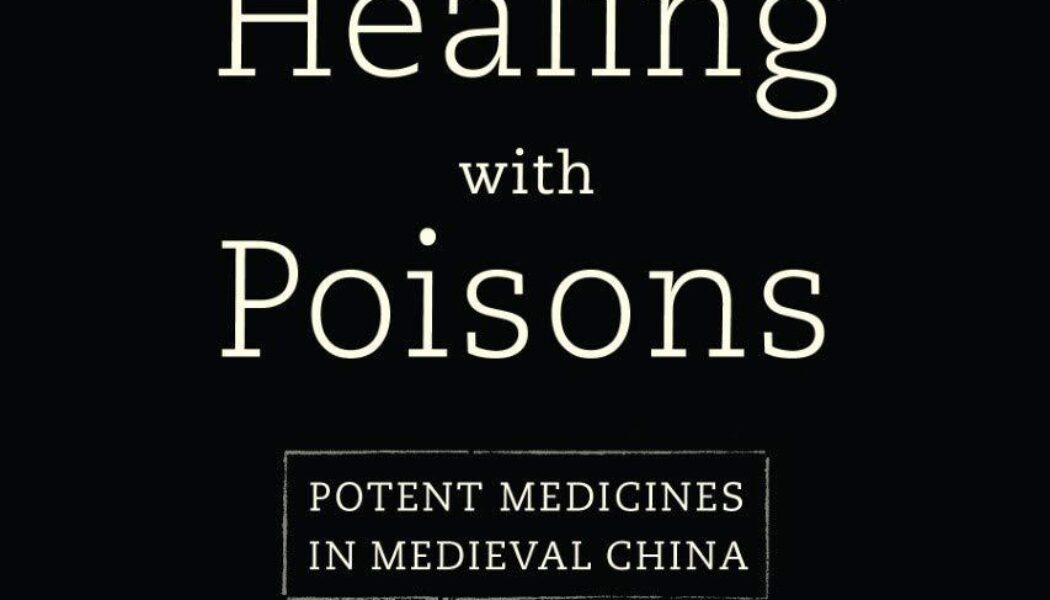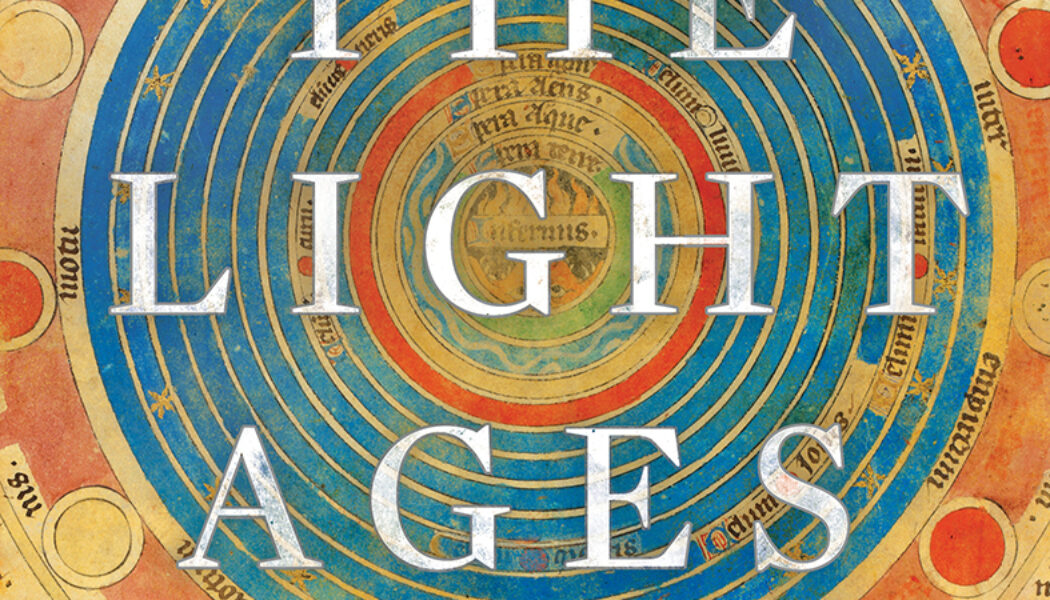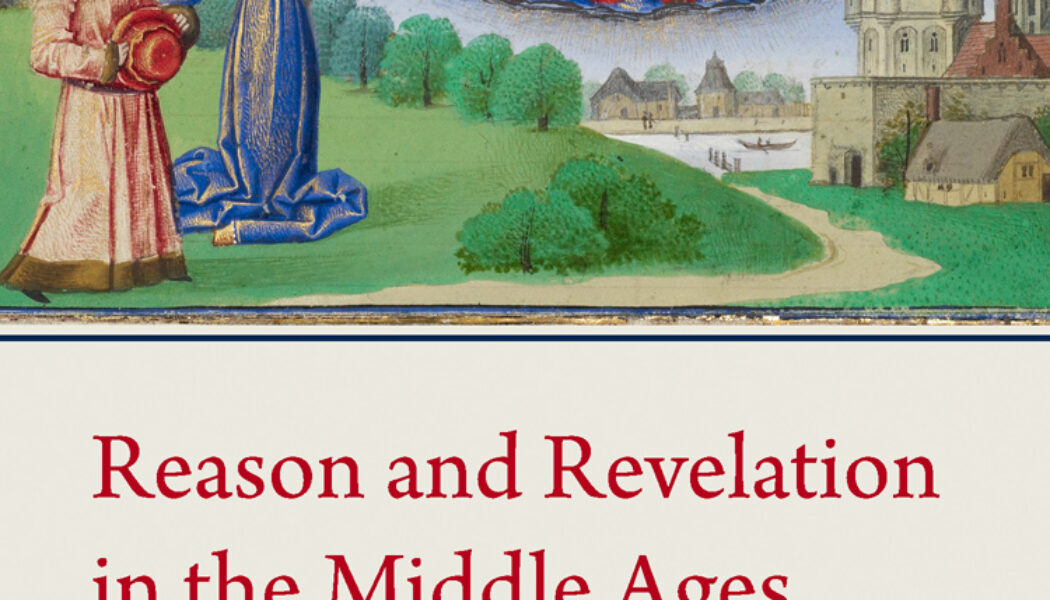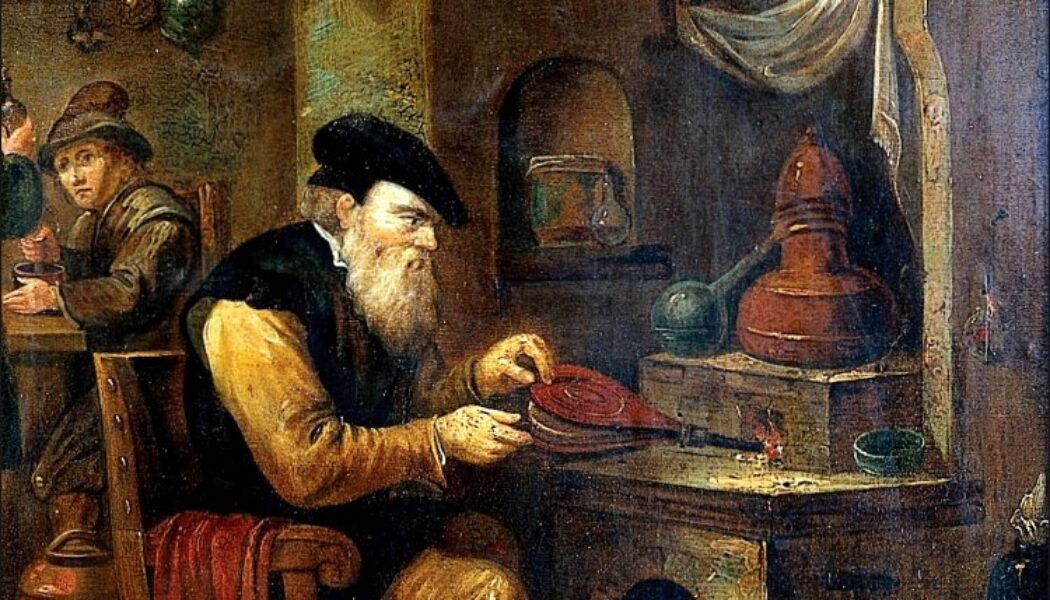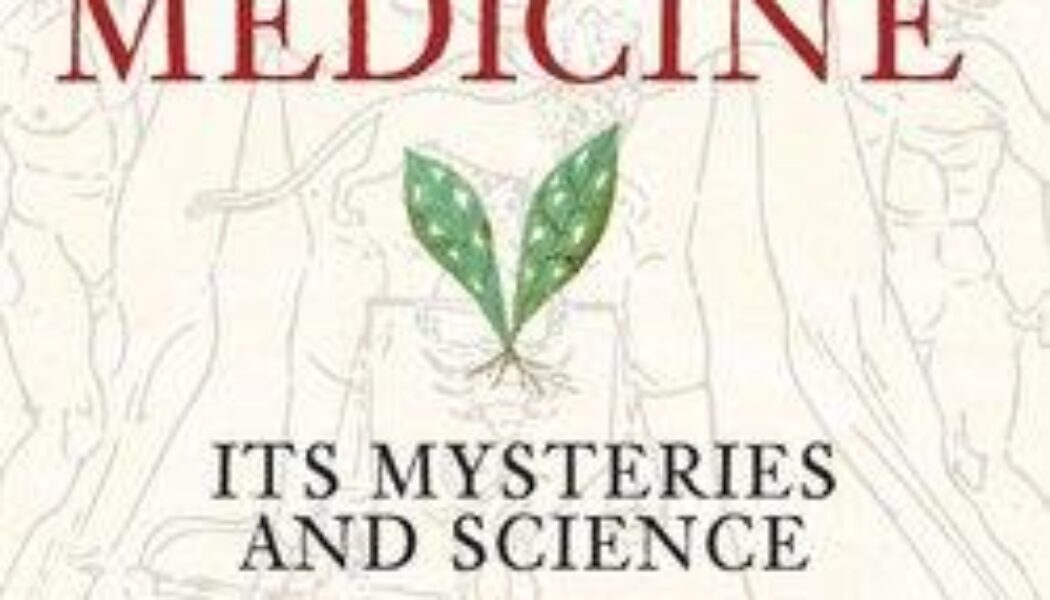science
DELAYING DEATH. The Role of Alchemy in Roger Bacon’s Medical Works
Examining the role and influences of alchemy on Roger Bacon's medical works
Astronomy in the Great Mosque of Damascus: Towards a Social History of Mamluk Astronomy
Join us at the Institute of Medieval and Early Modern Studies, Durham University, 7 Owengate, Durham, DH1 3HB, on March 15 at 5:00 p.m. to hear Yusuf Tayara of the Oxford University History Department present his research on ‘Astronomy in the Great Mosque of Damascus: Towards a Social History of Mamluk Astronomy’.
SOURCES & PROBLEMS IN RENAISSANCE MEDICINE. Rewriting the History of European Medicine
This lecture explains the rationale behind the new survey of history in the period, which relies on a wide range of primary and unfamiliar texts drawn from across Europe from Moldavia to Portugal. It considers the consequences for medicine of the opening up of Europe to the wider world, as well as the results of the ever-hardening religious divide, including the fate of Arabic medicine in Iberia.
Healing with Poisons: Potent Medicines in Medieval China
Healing with Poisons explores the ways physicians, religious devotees, court officials, and laypeople used powerful substances to both treat intractable illnesses and enhance life.
The Light Ages: The Surprising Story of Medieval Science
An illuminating guide to the scientific and technological achievements of the Middle Ages through the life of a crusading astronomer-monk. Soaring Gothic cathedrals, violent crusades, the Black Death: these are the dramatic forces that shaped the medieval era. But the so-called Dark Ages also gave us the first universities, eyeglasses, and mechanical clocks. As medieval thinkers sought to understand the world around them, from the passing of the seasons to the stars in the sky, they came to develop a vibrant scientific culture.
Reason & Revelation in the Middle Ages
Etienne Gilson Reason and Revelation in the Middle Ages, first delivered as the Richard Lectures in 1937, was published in 1938 and became an immediate success. Not only does it contribute to a major question of debate in Christian, Jewish, and Islamic philosophy and religion in the medieval period but it also insists on the validity of truth obtainable through reason as well as revelation, on rational argument alongside religious faith. This message is as important in the twenty-first century as it was in the fourth century of the young Augustine, the thirteenth of St Thomas Aquinas, and the twentieth of the mature Gilson.--
Toxicology in the Middle Ages & Renaissance
The book approximately covers the 1100s through the 1600s, delving into different aspects of toxicology, such as the contributions of scientific scholars of the time, sensational poisoners and poisoning cases, as well as myths. Historical figures, such as the Borgias and Catherine de Medici are discussed. Toxicologists, students, medical researchers, and those interested in the history of science will find insightful and relevant material in this volume.
Medieval Medicine: Its Mysteries and Science
This book explores the labyrinth of strange ideas and unlikely remedies that make up the weird, wonderful and occasionally beneficial world of medieval medicine.
Aristotle’s Children: How Christians, Muslims, & Jews Rediscovered Ancient Wisdom & Illuminated the Middle Ages
Europe was in the long slumber of the Middle Ages, the Roman Empire was in tatters, and the Greek language was all but forgotten, until a group of twelfth-century scholars rediscovered and translated the works of Aristotle. His ideas spread like wildfire across Europe, offering the scientific view that the natural world, including the soul of man, was a proper subject of study. The rediscovery of these ancient ideas sparked riots and heresy trials, caused major upheavals in the Catholic Church, and also set the stage for today's rift between reason and religion. In Aristotle's Children, Richard Rubenstein transports us back in history, rendering the controversies of the Middle Ages lively and accessible-and allowing us to understand the philosophical ideas that are fundamental to modern...

